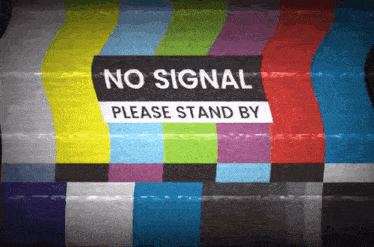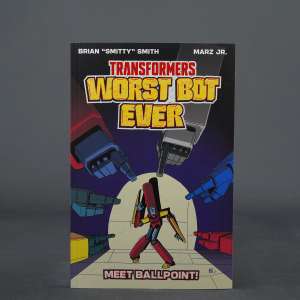VecPrime wrote:"Am I right in thinking that you're saying due to quantum theory of some kind, we may actually be able to control our own impulses and synapses?"
At the very least, there is a random element no one can predict. At the most, we may have just found the mechanism of souls, the "Scroll of Colors" in EQ parlance.
>
Hmm. Talbot and Goswami do a good job of it. But their point is, if you hook a machine up to a Schrodinger's Cat experiment, the machine picks up on the dead/alive cat dichotomy until such a time as someone observes the readout.
Thus, if we were just as physical as the meter, we too would pick up on the dichotomy and the universe would go nowhere.
(this problem is called a Von Neumann chain.)
However, somehow, we provide the necessary observational power to collapse the wave function of the cat or electron from slightly...outside... the purely physical, from the quantum.
Thus, we may very well be the universe/God observing itself.
Well, seeing as our synapses are us in any extent, we'd definitely have an effect on how they fire.
As such, although I am currently in favor of the deterministic model, that only really helps us in predicting into the future if all possible data in a given area of space is possessed, the position and action of all matter and energy in the area, a near insurmountable task at this point in time due to the very problem you mentioned, and, even then, only forward for short periods, due to the fact that variables outside the sphere, new particles and energy, appear in the area of interest almost instantaneously.
To truly understand everything that is happening and will happen in any section of the universe, you need all the data and positioning of matter and energy for a single instant for the whole universe, which is unimaginable at this point in history. Thus, the mystery remains, and what we are left with incomplete data.
And here we find the usefulness of probability, which essentially states, out of all scenarios with this given data, this ratio of them form such and such an outcome. As such, how likely the scenario from which your data is taken will form the outcome desired. Incomplete, but very useful in itself, and thus creates the "illusion" of choice and maintains the mystery of the cosmos. We choose what to due, but they are the result and fulfillment of a course unknown to us. So we graph our options as best we can, a psudo-omen of the future, and continue on.
This makes things more interesting and helps uphold a person's urge to fulfill their will, though many would still fight to the death for what they want despite the knowledge of failure. It's a quality I admire and aspire to.
I'd note this thinking does not lead to Stalinism, but rather simply admits all roads are open (possible), ie. ne preference, and not barred by supernatural forces. Abet we are 'machines,' that does not mean we cannot be valued-- nothing has value unless someone places one on it. Buddhism (actually an atheistic 'religion'-- it can be debated) actually favors a universal model similar to such described, and in their best forms they're hardly genocidal, if even insectacidal.
The "everything that is nothing", the intertwining of all existence without true individual forms, but merely rising and falling consciousnesses in a single tapestry is the soul of many sect's aspiration to Nirvana-- not the ascension to immortality, but the realization that one is already part of eternity. I happen to generally agree with the model, and had a concept even prior to reading up on it from studying atomic theory and biology.






 [ Click to attempt signal recovery... ]
[ Click to attempt signal recovery... ]





































